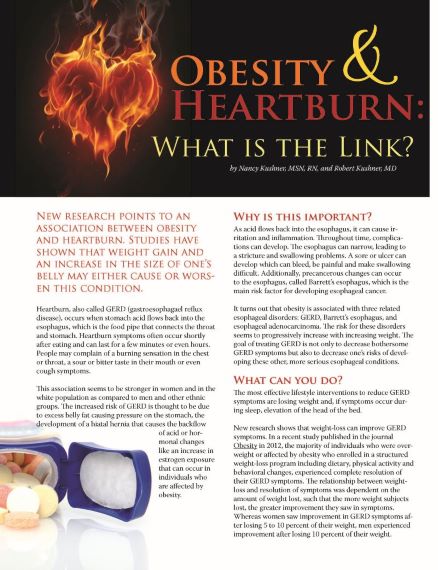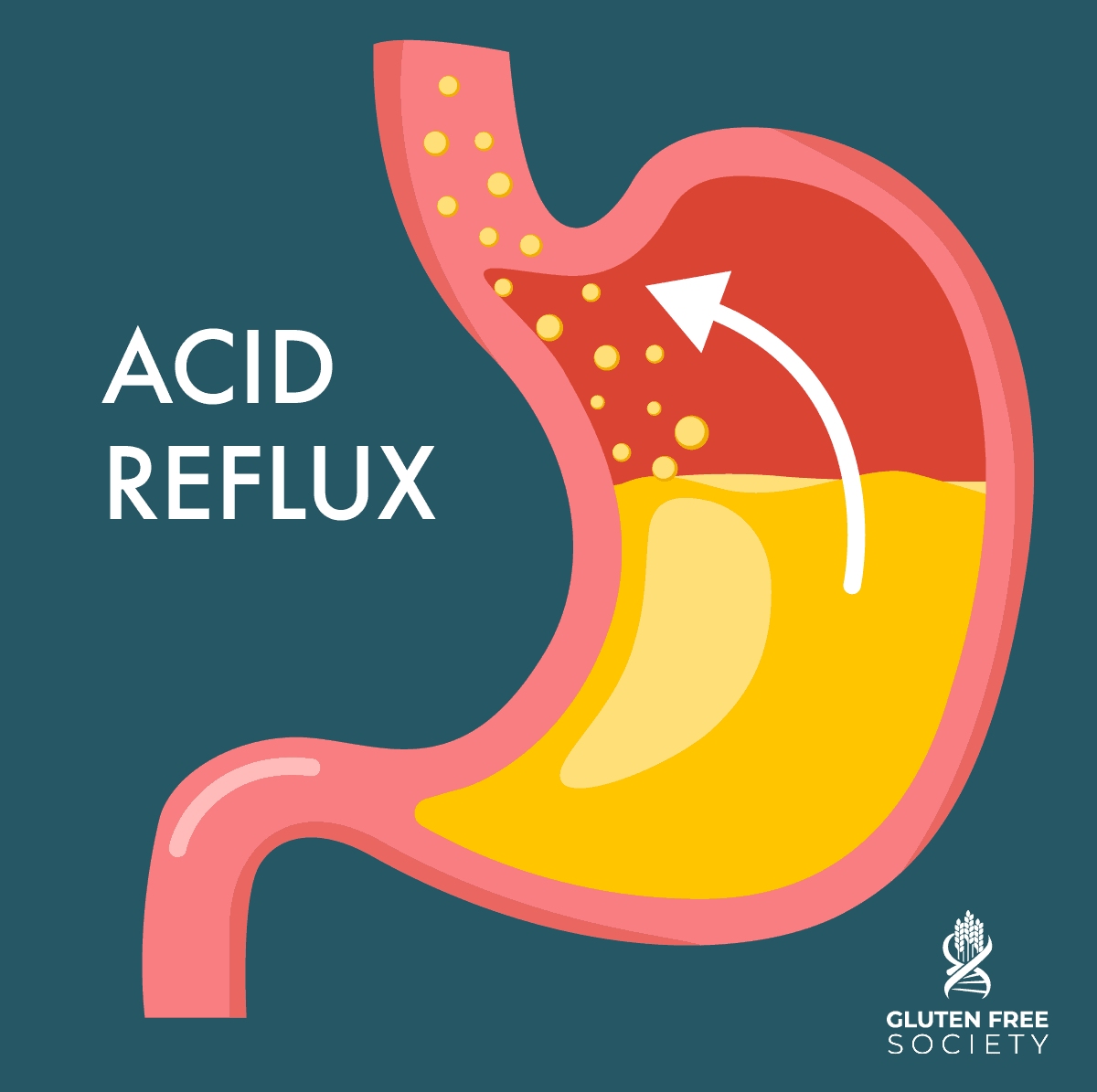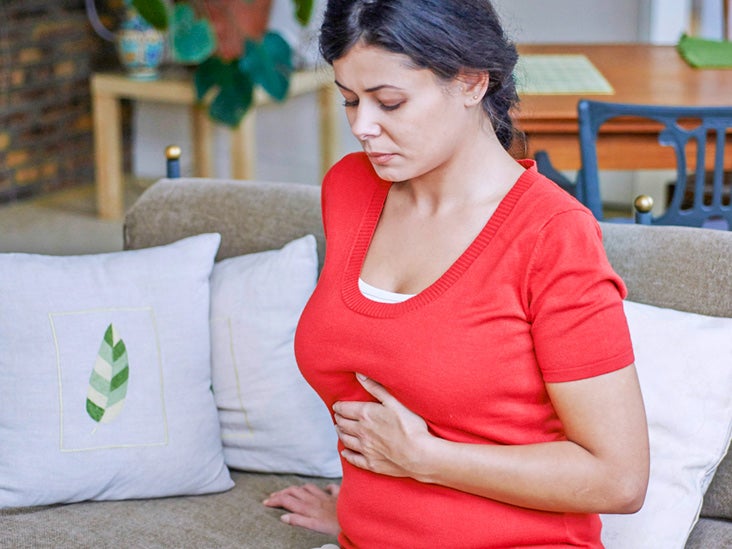
Helicobacter pylori infection and peptic ulcer disease What can cause you to have excess levels of stomach acid? Here are some of the main reasons that doctors point to. 7 Causes of Excess Stomach Acid (Hyperchlorhydria) Some clinical trials suggest that these factors can increase stomach acid secretion. These can cause contractions in the stomach and increase appetite. The journal Frontiers in Pharmacology reports that hunger causes various hormones (such as gastrin) and enzymes to be released in the stomach. 8 Can Excess Stomach Acid Mimic Hunger?Īccording to the Encyclopedia of Nutrition and Good Health, excessive stomach acid (hyperchlorhydria) is associated with hunger pain. In fact, low stomach acid can also lead to bacterial overgrowth in the digestive tract, osteoporosis, and anemia. The journal Proceedings of the Nutritional Society published a study showing that a lack of stomach acid can cause stomach pain, gastritis, and other symptoms of acid reflux. Low stomach acid is called hypochlorhydria and is often to blame for symptoms of heartburn and indigestion. In many cases, low stomach acid in the digestive system is a major cause of acid reflux, not excess gastric juice. Black or tarry stools if you have a peptic ulcer.Abdominal bloating (can also cause hard stomach).Belching and flatulence immediately after meals.Burning sensation in stomach after meals.The journal Current Treatment Options in Gastroenterology reported about some of the symptoms accompanying the causes of excess stomach acid (hyperchlorhydria). In some cases, other gastric infections can raise gastric juice levels. The side effects of too much acid in the stomach usually causes damage to the stomach lining. Having excess stomach acid in your digestive system very often causes varying degrees of gastrointestinal discomfort.

However, too much stomach acid can be a result of food sensitivities, emotional disturbances, or too much gastrin hormone. Also, stimuli like taste, smell, and sight can cause more acid to be produced. It’s normal that eating food will increase the amount of stomach acid that is produced.

The Encyclopaedia Britannica says that your stomach produces about 1.5 liters of gastric acid per day. Gastrin is a key hormone that regulates gastric acid secretion and having too much gastrin can cause hyperchlorhydria. 5 Having too much acid in your stomach happens when certain processes stimulate the overproduction of stomach acid. Hyperchlorhydria is described as an excess stomach acid in the absence of food. 3 What is Excess Acid in Stomach (Hyperchlorhydria)? 1Īccording to the journal Basic & Clinical Pharmacology & Toxicology, stomach acid also helps to protect against many infectious gastrointestinal diseases. The highly acidic properties of the gastric juice, together with digestive enzymes, help with food breakdown so that the body can extract nutrients from food. The journal Surgical Clinics of North America says that the function of stomach acid is to break down food to be digested. The normal volume of the gastric fluid is 20 to 100 mL and its pH is acidic (1.5 to 3.5). This is because both low and high stomach acid can cause symptoms such as bloating, heartburn or indigestion. In some cases, it can be a challenge to know if your gastric upset is caused by excess stomach acid (hyperchlorhydria) or low stomach acid levels (hypochlorhydria). In most cases, people with high stomach acid symptoms also need to avoid foods that cause an acidic stomach.

However, there are also some home remedies that help to lower stomach acid naturally. If the stomach acid is excessively high, doctors may provide medication to reduce stomach acid levels. Lowering high stomach acid levels usually requires a combination of treatment and preventative measures. For example, excess stomach acid symptoms include burning sensation in your chest, abdominal pain, too much gas, or constipation. Having too much acid in your stomach (medical name hyperchlorhydria) can also cause a lot of gastric discomfort. Your body can produce excess stomach acid if you have a gastric infection (such as Helicobacter pylori), too much gastrin hormone or under stress.


 0 kommentar(er)
0 kommentar(er)
